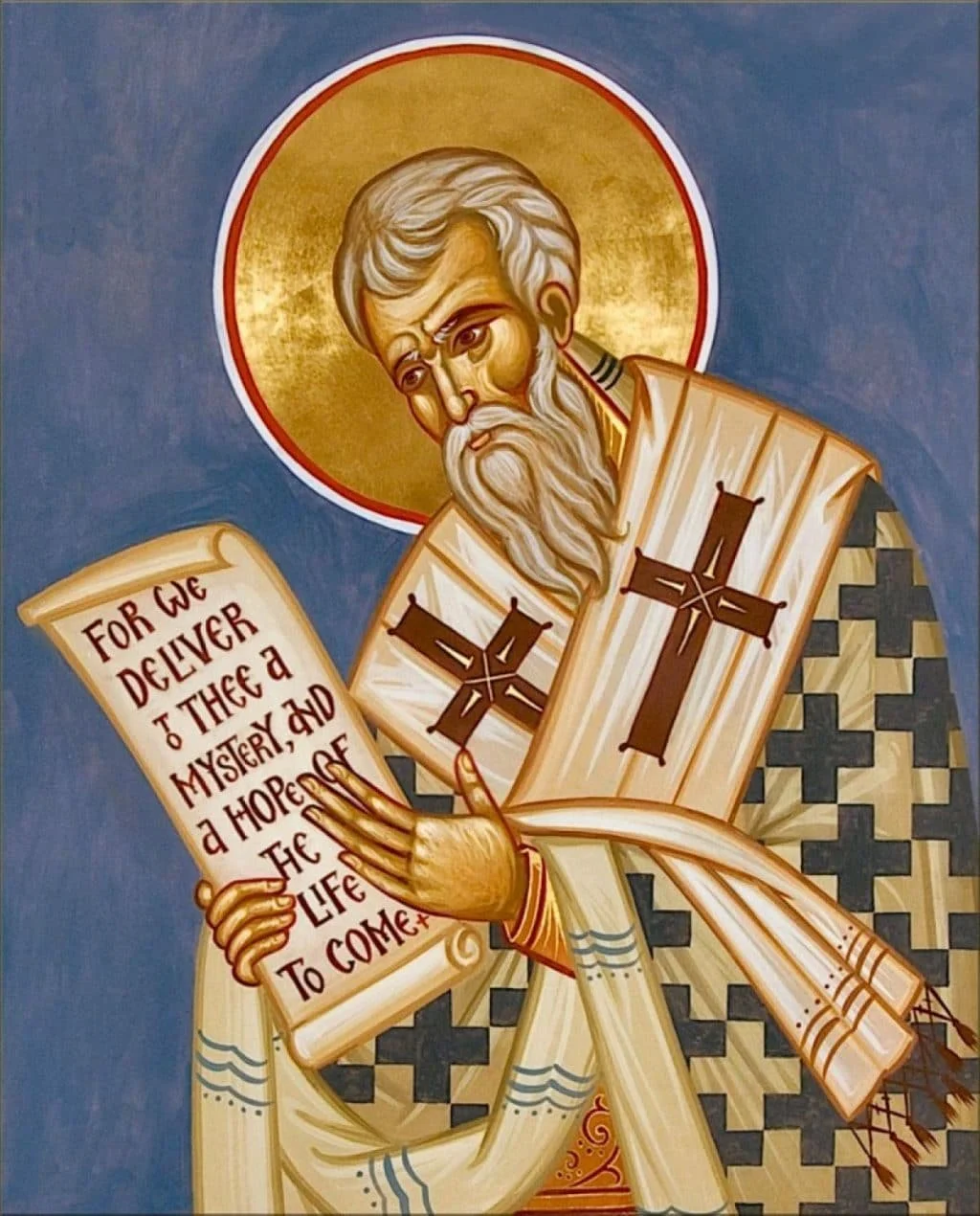Key Bible Passages:
James 2:14-19 & 2:24
Tier 1
It matters how we think about God, and how we see the world. What we believe needs to correspond to the way reality actually is. As a general rule, our Christian discipleship will rise or fall depending on the fulness and faithfulness of our belief. What we believe can change. We can end up beginning to believe different things, or deepening in our understanding and conviction about what we believe. When this happens it becomes more compelling and transformative. Belief can also atrophy, and needs to be nurtured and exercised if it is to grow and strengthen.
In the Bible, we are only said to believe something when it affects who we are and how we behave. Usually we are better able to identify what we actually believe by what we do, than by what we say.
Tier 2
There is a connection between what ‘I’ believe, and what ‘we’ confess together as the Church. I find my place as a disciple within the corporate reality of the Church. We say the Creed together. We believe the Creed together. It shows me where the boundaries of the Church’s faith lie. This corporate aspect to my faith is non-negotiable. There are aspects of my faith that only come alive in relationship with others.
Tier 3
Doubt is an inevitable feature on the landscape of Christian spirituality, and can often feel threatening to faith. Not all doubt is the same, and it can be driven by a number of different factors. Understanding doubt, it’s triggers, and where it sits in the economy of God can help give us stability in times of doubt, and navigate our way through it.
Listen to the Creed and memorise it word for word, and in due time you will be taught the proof from the Holy Scriptures for each point that it contains … this Creed embraces in a few words all the religious knowledge contained in the Old and New Testaments
Bishop Cyril of Jerusalem
Group Exercise:
Pick something that Christians believe (i.e. a line from the Creed) and ask:
What does this belief mean?
If someone believed this, how would it shape their life? What would you expect them to do… ?
What could we put into place to nurture, feed, strengthen that belief until it becomes something that shapes me like that?
What hindrances are there to that belief (e.g. fear? moral issue? Intellectual uncertainty?)? And what am I going to do to remove or navigate those hindrances..?
and later in the session:
Have you ever experienced doubt as a Christian... when you simply don’t know if it is all true; or perhaps have struggled to accept part of what Christians believe? Could you talk about that?
How would you support someone who was going through a season of doubt as a Christian?
Do you think doubt is always a sin? When does it become sinful? How does that affect how we should respond to it?
How can I best prepare myself for a season of doubt? ... or defend myself against the onslaught of doubt?
Homework:
Begin to memorise the Apostles’ Creed.
Over the next half-term we’ll also be working to memorise Matthew 5:1-10
(we’ll memorise the whole of the Sermon on the Mount over the next 3 years)
To Be a Christian, Q&A 18-24
For personal reflection:
Pick an aspect of your ‘spiritual’ life such as prayer or Bible reading… How am I living? What am I actually doing? What does that teach me about what I believe…
Now pick another aspect of your life, such as a key relationship (e.g. friend, spouse, children), or how I spend money, or time. How am I living? What am I actually doing? What does that teach me about what I believe…
Reflect on something you know you should be doing, but don’t. Sthg I don’t do that I know I should… It might be something ‘spiritual’, or everyday...
What does what I am (not) doing tell me about what I actually believe..? How can I change that?



